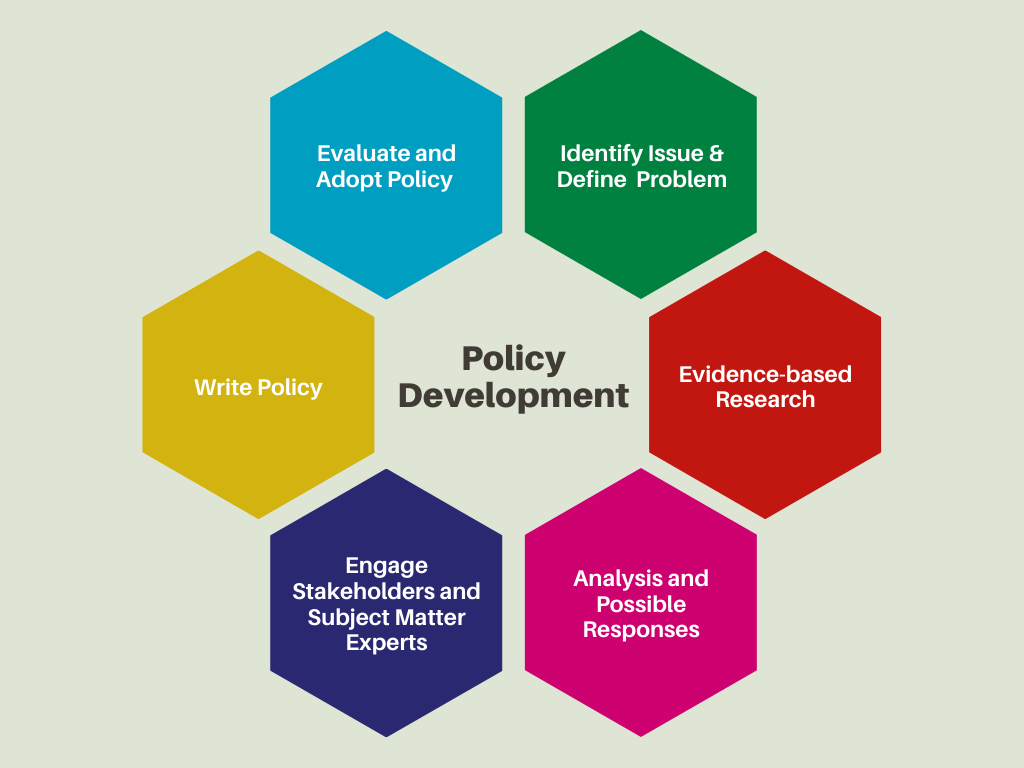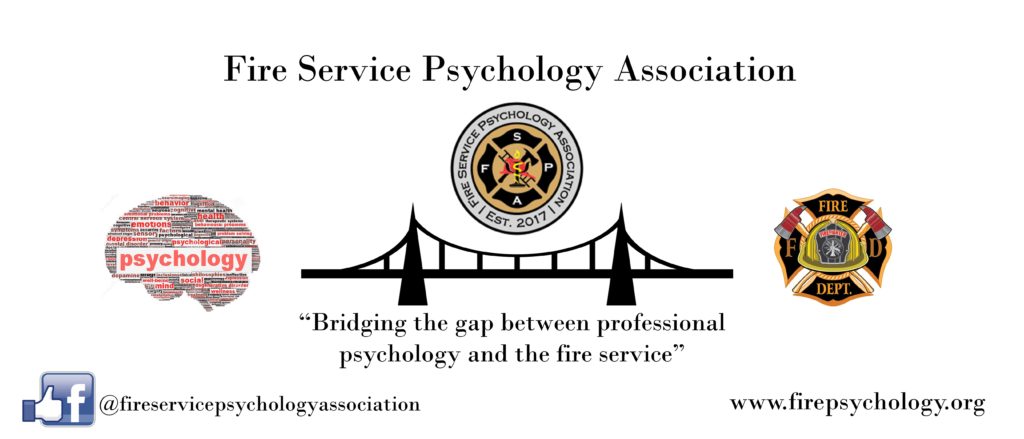By: Robert Avsec, Executive Fire Officer
I’m not referring to firefighters being part of a committee or group charged with creating a policy or procedure (e.g., cancer risk reduction, mandatory seat belt usage). No, that’s a good management practice that’s going to increase the likelihood of a policy or procedure that’s successful in its purpose and followed by those to whom it applies.
Rather, I’m referring to a scenario where a firefighter would be tasked with undertaking an assignment for which they did not have the knowledge, skills, or abilities (KSAs) to produce such a work. As most fire officers with experience in creating such guiding documents for their fire departments will tell you, handling such an assignment requires the necessary KSAs, a good understanding of their fire department’s culture—particularly how its members respond to change—and an awareness of their own biases that they must overcome.
And that’s why, even in a group or committee setting, it’s imperative to have a leader who possesses those qualities for leading, guiding, and directing the group’s work.
So, why did a recent workshop by the IAFF and IAFC looking to more fully develop the mental and behavioral health components of the Firefighter Health and Wellness initiative not have a licensed psychologist—one with experience in police and public safety psychology communities (e.g., American Psychological Association’s Division 18, American Board of Police and Public Safety Psychology, Fire Service Psychology Association) present and participating in that worthwhile, and so needed expansion? Instead, the sole mental health practitioner was a licensed clinical professional counselor (LCPC), not a psychologist.
I’m not for one second degrading or downplaying that person’s KSAs in the field of mental health. But in the hierarchy of the mental health care field, the LCPC is akin to a firefighter in a fire department, whereas a professional psychologist is on par with a deputy or assistant chief officer.
Learn more about different credentials of mental health professionals
The LCPC is educated and trained in only one of the three disciplines that are germane to mental health care services: Intervention. The professional psychologist, however, is educated and trained in not only intervention but also the other two domains of professional psychology:

- Assessment (e.g., preemployment psychological screening, annual behavioral health screenings, fitness for duty evaluations, promotional processes).
- Intervention (psychotherapy, crisis response).
- Consultation (psychological safety, operations, performance enhancement).
Here is the core scientific knowledge for a psychologist:
And I’m not overlooking another panel participant, Dr. Suzy Gulliver, who though she is a licensed clinical psychologist and an amazing researcher, does not represent nor is she a specialist in police and public safety psychology. Her role in the meeting was to report on some specific research. Dr. Gulliver’s presence as a clinical psychologist representing psychology for the fire service was the equivalent of having a firefighter in the room and sharing that by their presence you have completely and accurately represented the entire fire service in the U.S.
So, if the IAFF and IAFC are truly committed to making mental and behavioral health the “other side” of the firefighter health and wellness “coin,” why are they not employing the KSA’s of professional psychology in that effort? And why is professional psychology not represented in any IAFF or IAFC section?
These are questions being asked by the Fire Service Psychology Association (FSPA), an organization composed of professional psychologists and fire service leaders (Like me and Dr. Burt Clark, among others). The FSPA is committed to working at “bridging the gap between professional psychology and the fire service.”
Part of having representatives from a professional group—like FSPA, APA Division 18, or ABPPSP, —is that those representatives can go back to their membership to get the feedback which represents the interest and expertise (best practices) of that entire professional community, in this case those psychologists who have committed to working in the fire service space (What’s the adage? If you don’t have a seat at the table, it might be because you’re on the menu!).
The FSPA is not looking to build that bridge by itself. Rather, we recognize that building that bridge will require collaboration and cooperation with those organizations like the IAFF and IAFC that were instrumental in developing the original Joint Management and Labor Firefighter Health and Wellness Initiative, the effort that has brought to fruition such components as CPAT, firefighter physical health assessments, and upgrades to NFPA standards like NFPA 1500.
I joined FSPA because I believe that by building that bridge, we can create psychologists who know and understand the fire service culture, understand what firefighters do, and understand the unique mental health exposures and risks that firefighters face while doing their job.
I also joined because there is much to be gained by educating firefighters and fire officers in the full range of what professional psychology can provide—both proactively and reactively—to firefighters and their fire departments in the effort to protect the mental health of firefighters and help them in processing the trauma they may experience in doing their job.
But beyond that, the fire service can only benefit from having the active participation of professional psychologists in the development of better NFPA standards, policies, and procedures that fire departments can use to take better care of their personnel and reduce organizational risks. Organizational risks, such as negligent hiring and return to work following mental health treatment which are more frequently being addressed through the legal system.
The law enforcement community has embraced professional psychology as a crucial element of its business for many decades. Here’s FSPA founder and president, Kristen Wheldon, a licensed psychologist in California:
Psychologists have been working in public safety for decades. Historically, the focus was on law enforcement populations because we assisted them with operations in the late 1960’s and early 1970’s. Thereafter, the discipline grew into the domains of assessment, consultation, and intervention.
There are psychologists in most police departments and they serve multiple functions. There is a section for them in the IACP and the industry standards evolve with the research. There is no equivalent in the fire service. There is no Psychological Services Section in IAFC. We are not sitting on any NFPA committee. Although the National Fallen Firefighter Foundation’s Initiative 13 specifically names our profession [psychology], we are not adequately represented in the fire service. As such, few firefighters and departments have access to this valuable resource.
Wheldon, K. Personal Communication. January 6, 2023.
Now is the time for the fire service to follow the lead of our law enforcement partners. In fact, it’s long past time to do so, isn’t it?
 Fire & EMS Leader Pro The job of old firefighters is to teach young firefighters how to become old firefighters!
Fire & EMS Leader Pro The job of old firefighters is to teach young firefighters how to become old firefighters!

